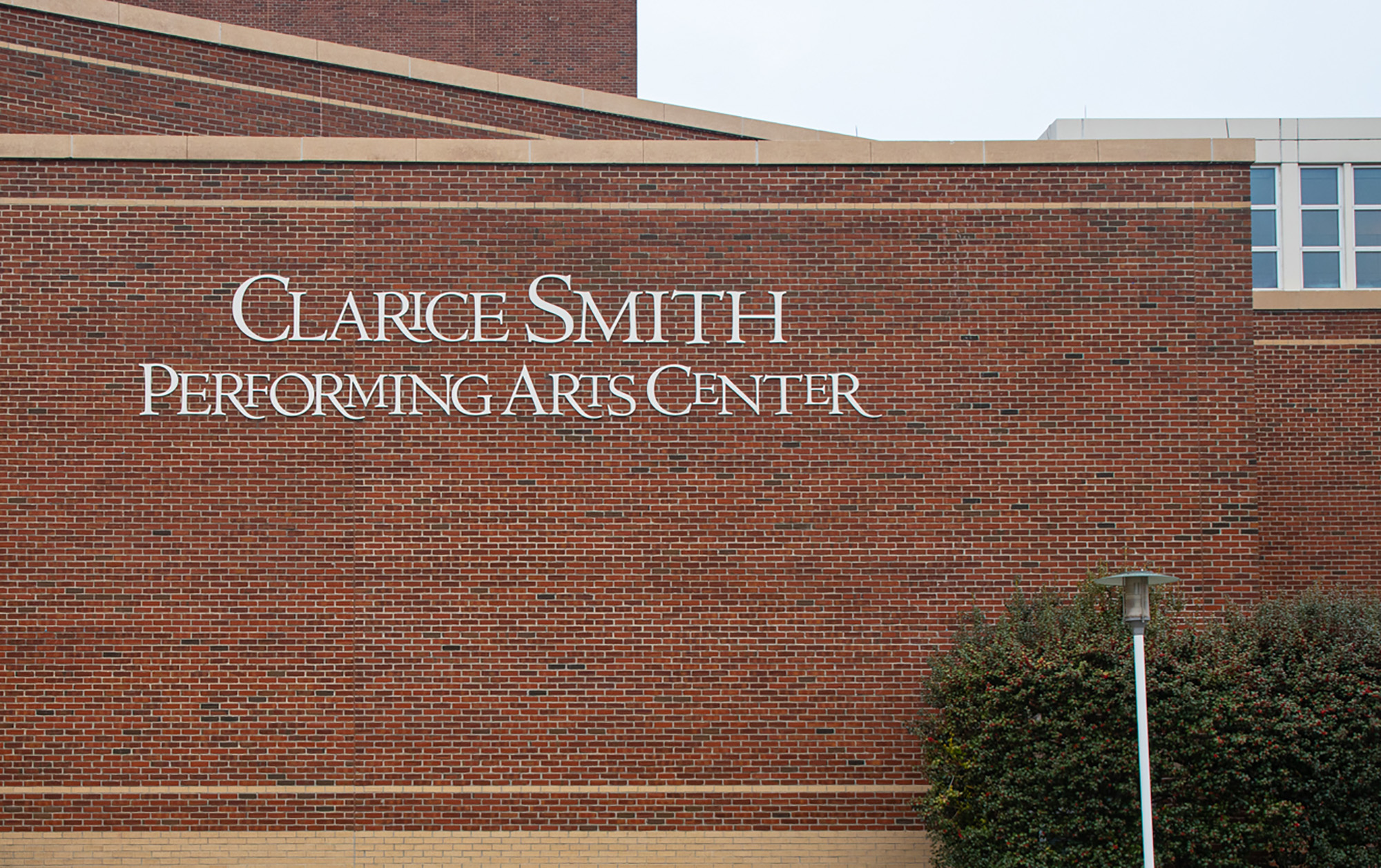For The Diamondback
After months of organizing anti-racist initiatives, students in the theatre, dance and performance studies school at the University of Maryland say they’ve been shut out by its administration.
Isabella Benning, a junior criminology and criminal justice and theatre major, is part of a student-led initiative to make Black history courses mandatory.
But over the course of the past few months, Benning said, the disconnect between higher-up faculty and students has become apparent, leading Benning and her peers to create a petition with proposed solutions to the school’s history classes in late August.
“So far, we’re working from the ground up,” Benning said. “I think it’s important that we don’t have to keep being exhausted by all these attempts to get to be heard.”
Members of the Undergraduate Theatre Artists Society first addressed faculty and staff in June, sending a three-page letter in response to a social media post made by the school that condemned “both systemic and individual acts of racism.”
The statement called the “delayed” response to the Black Lives Matter movement “deafening,” and said a social media post was not enough.
“George Floyd was murdered on May 25th, protests were nationwide by May 27th, and the situation has only escalated from there,” the letter said. “The university’s response by May 31st was already too late. June 1st is even later.”
[Black Terps Matter protest demands UMD action against institutional racism]
The letter expressed students’ desire to see change implemented, including a proposal for a diversity and inclusion committee with student, faculty and staff involvement.
But after reaching out to leadership multiple times during the summer, student board members say they’ve been kept in the dark.
Like Benning, Justine Morris, a junior theatre major, advocates for mandatory Black history classes. Morris said she shares the frustration of her peers when it comes to the lack of communication between those in leadership positions and students.
“[People in leadership] talk in very general, broad ideas, if they give any, and then when you poke further for details they don’t give you any,” Morris said. “It makes it seem like they don’t want to talk to us. It makes it seem like they’re hiding something.”
Ebie Prideaux, the Undergraduate Theatre Artists Society advocacy director, said she feels the conversation of equity within the school “has just been happening for too long.”
[The show must go on: UMD theatre students pivot to virtual show on Zoom]
“Honestly, we’re paying for our degrees, they’re working for us,” the senior government and politics and theatre major said. “And if they’re not willing to listen to us, it’s almost useless.”
Maura Keefe, a professor at the university and the director of the theatre, dance and performance studies school, said she thinks students’ demand for more transparency from the administration is a valid request.
“I think that it is entirely possible to revamp curriculums and they should be revamped,” said Keefe, who began her position in July. She added that, although students may not see their ideas implemented soon, the work that they’re doing will impact the next generation of performing arts students.
But the process of systemic change will be messy, according to Keefe.
“There are no fast solutions,” Keefe said. “I’m deliberately letting us be in the process [of discussing systemic change] rather than quickly try to get to the product.”
Moving forward, students hope their efforts to bring anti-racist resources and initiatives to the school are acknowledged and implemented.
“We love our department very much,” said Morris, who continues to advocate for more clarity from the administration. “We just acknowledge that there are problems.”
CORRECTION: A previous version of this article and its headline misstated the name of the theatre, dance and performance studies school. This article and the headline have been updated.



